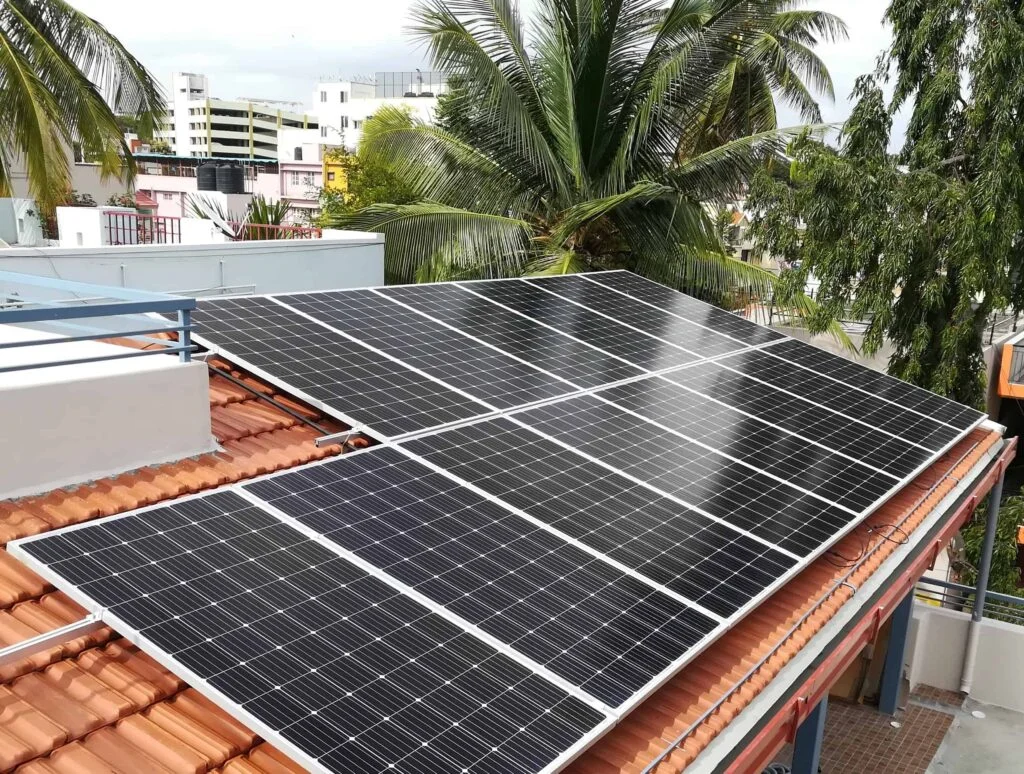The Benefits of On-Grid Solar Installations: Why Going Solar Makes Sense
As the world increasingly focuses on sustainability and reducing carbon footprints, on-grid solar installations have emerged as a practical solution for harnessing renewable energy. Unlike off-grid systems, which operate independently of the electricity grid, on-grid solar installations are connected to the public utility grid. This connection offers numerous advantages for homeowners and businesses looking to transition to solar power. This article explores the key benefits of on-grid solar installations and why adopting this technology makes sense for many.
Cost-Effectiveness and Financial Savings
Lower Installation Costs
On-grid solar installations typically involve lower upfront costs compared to off-grid systems. The primary reason is that on-grid systems do not require the purchase of expensive batteries for energy storage. Instead, they leverage the existing electricity grid to supply power when solar production is insufficient. By avoiding the added expense of battery storage, homeowners can significantly reduce their initial investment.
Net Metering and Utility Savings
One of the most compelling financial benefits of on grid solar install is net metering. This policy allows solar system owners to sell excess energy produced by their solar panels back to the grid. In many regions, net metering policies offer credits on electricity bills for the surplus energy fed into the grid. This arrangement can lead to substantial savings on monthly utility bills and, in some cases, eliminate them entirely.
Government Incentives and Tax Benefits
Government incentives and tax credits can further enhance the financial appeal of on-grid solar installations. Various federal, state, and local programs offer rebates and tax credits to reduce the cost of solar panel installations. These incentives can significantly offset the initial investment, making solar energy an economically viable option for a broader audience.
Reliability and Energy Security
Consistent Power Supply
On-grid solar installations benefit from the stability provided by the public utility grid. During periods when solar energy production is low, such as cloudy days or at night, the grid supplies the necessary electricity. This consistent power supply ensures that homes and businesses remain operational even when solar production is insufficient.
Grid Backup and Redundancy
In addition to providing a reliable power supply, on-grid solar systems offer a level of redundancy. In the event of a grid outage, many on-grid solar systems can be equipped with automatic backup generators or battery systems. This setup provides an additional layer of security, ensuring that essential services remain functional during power interruptions.
Environmental Impact and Sustainability
Reduction in Carbon Footprint
Switching to an on-grid solar installation contributes to environmental sustainability by reducing reliance on fossil fuels. Solar power is a clean, renewable energy source that does not produce greenhouse gas emissions. By generating electricity from the sun, homeowners and businesses can decrease their carbon footprint and contribute to the fight against climate change.
Promotion of Renewable Energy
On-grid solar installations play a crucial role in promoting the use of renewable energy sources. As more individuals and organizations adopt solar power, the demand for traditional, non-renewable energy sources decreases. This shift encourages further investment in renewable energy technologies and infrastructure, fostering a more sustainable future.
Increased Property Value
Enhancing Property Appeal
Properties equipped with on-grid solar installations often see an increase in value. Potential buyers are increasingly interested in energy-efficient and sustainable features when selecting a home. Solar panels not only reduce utility costs but also contribute to a property’s eco-friendly appeal. As a result, homes with solar installations may command higher prices in the real estate market.
Long-Term Investment
Investing in on-grid solar installations is a long-term commitment with enduring benefits. Solar panels typically have a lifespan of 25 years or more, providing a reliable source of clean energy for decades. The long-term financial savings and increased property value make on-grid solar installations a wise investment for homeowners and businesses seeking to future-proof their energy needs.
Conclusion
On-grid solar installations offer a range of benefits that make transitioning to solar power a practical and advantageous choice. From cost savings and financial incentives to environmental impact and increased property value, the advantages of going solar are compelling. By harnessing the power of the sun and leveraging the existing electricity grid, homeowners and businesses can enjoy reliable, sustainable, and cost-effective energy solutions. As the world continues to embrace renewable energy, on-grid solar installations stand out as a smart and forward-thinking choice for a greener future.















